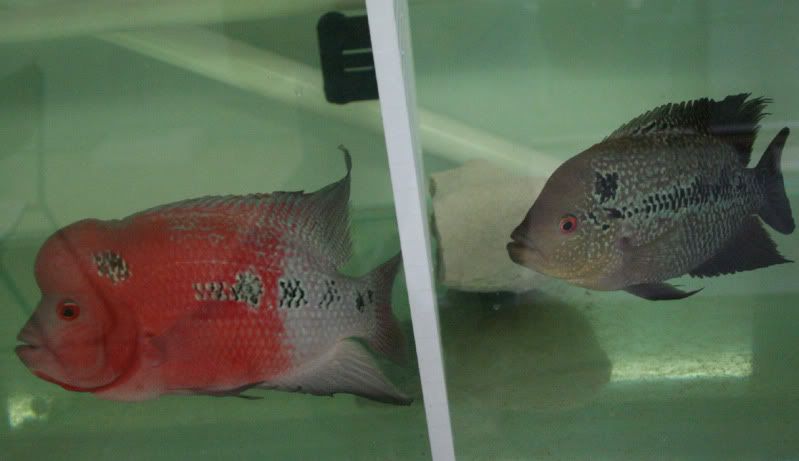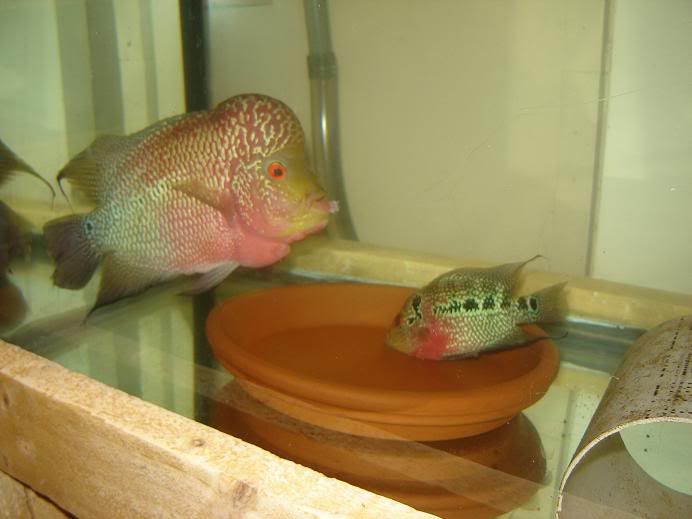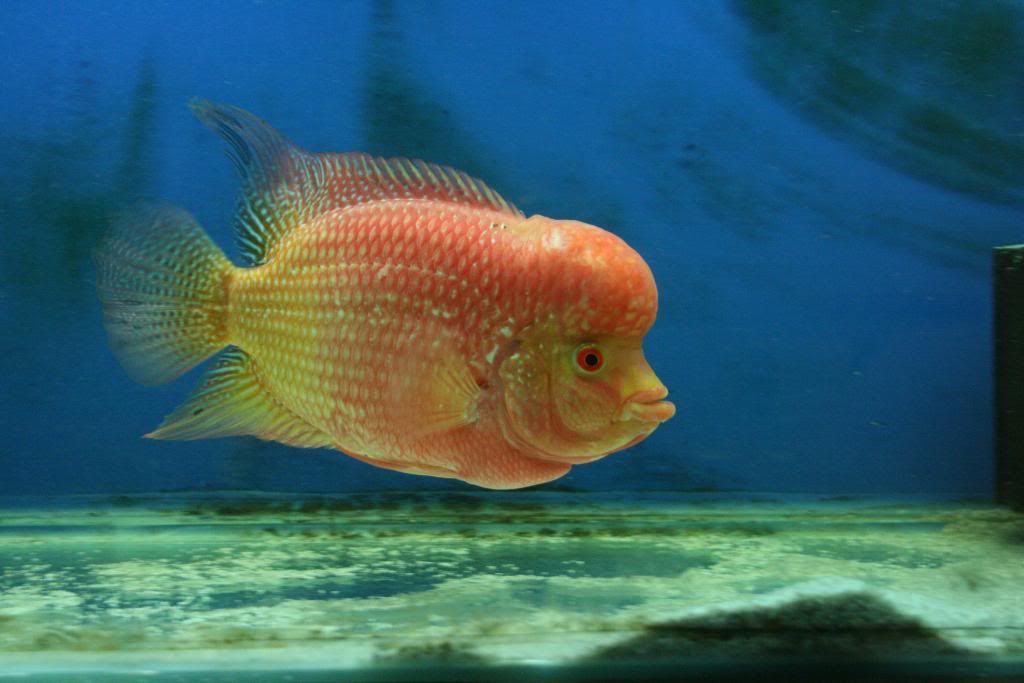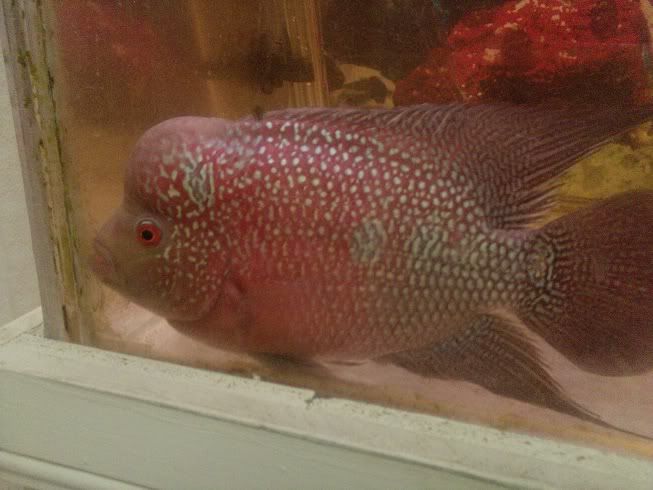Firstly I am very envious that you have been collecting some Iranocichla, I have posted some pictures of these beautiful fish on this forum last year and I was just discussing just last week with another PCS member of other cichlid beauties maybe waiting to be discovered from the same or surrounding areas?
Thanks for your post but I am a bit confused because of these comments you make:
This confuses me because to my understanding a hybrid is from 2 different species but you seem to be saying hybrids are made from one species S. haraldi?
Our club has a policy against making hybrids or crossbreeding locality varients - even if the same species, in order to preserve species as per their natural locality forms, would this mean that any or all of man made discus are against our club policy?
Best Regards
Den















